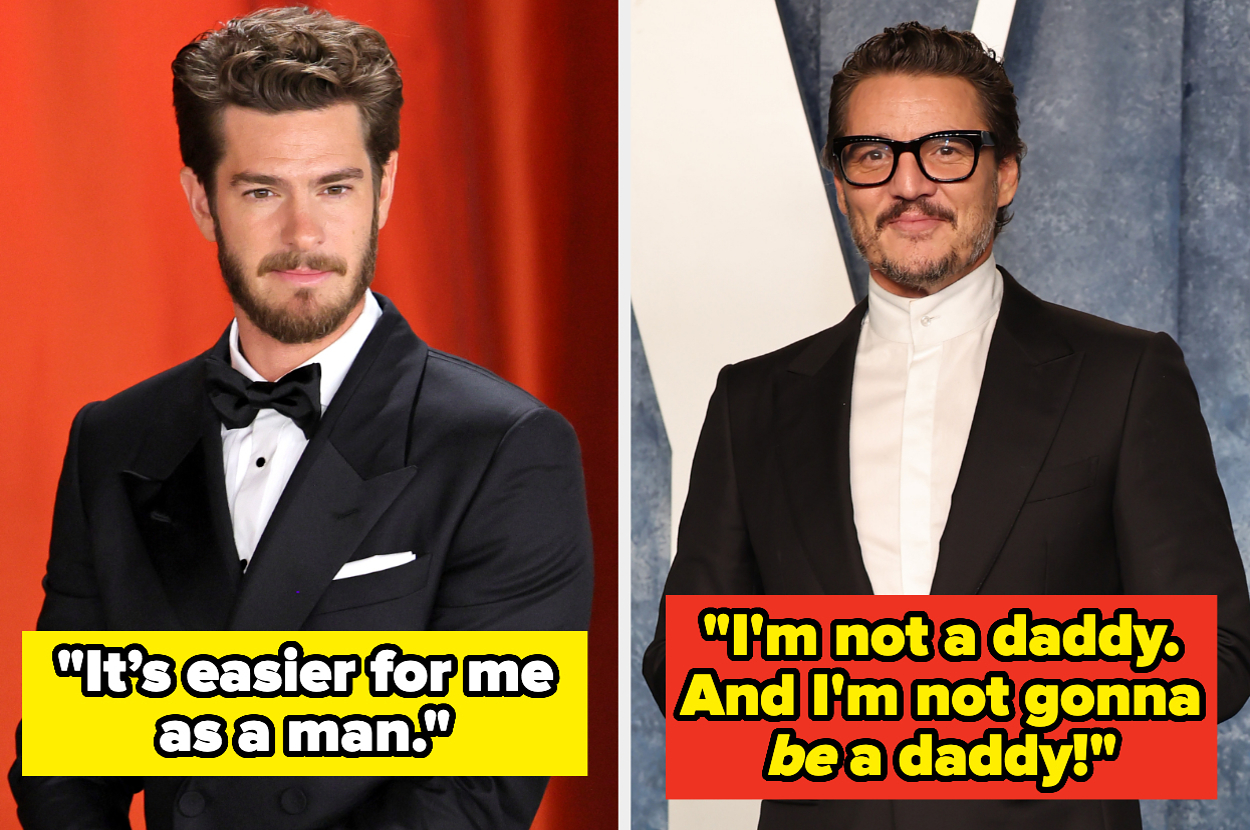Software company JusticeText today announced the closing of a $2.2 million seed round, with participation from Bloomberg Beta, True Ventures, Reid Hoffman, John Legend and Michael Tubbs.
The company, launched in 2019 by Devshi Mehrotra and Leslie Jones-Dove, stores, catalogs, analyzes and then shares video evidence, hoping to increase transparency around criminal matters such as police interactions and improve overall judicial outcomes for low-income criminal defendants. The product is geared toward public defenders for use in trials.
“As a technologist, I couldn’t necessarily affect policy or legislation, especially as a young person,” Mehrotra told TechCrunch. “But when it comes to helping improve the efficiency of the work that public defenders do, that was very much within my wheelhouse.”
Mehrotra and Jones-Dove met seven years ago as freshmen at the University of Chicago. Both studied computer science and were passionate about campus police reform. Three months into their first year, the video of LaQuan McDonald’s murder went viral. At the time, it was the latest clip to show a young Black man dying at the hands of the police.
Mehrotra and Jones-Dove had grown up watching Trayvon Martin’s death sensationalized on cable television. Days before their first semester of college, the city of Ferguson, Missouri, burned following the murder of Michael Brown. Since 2015, more than 1,500 Black men have been killed by the police, according to The Washington Post.
“I spent a lot of undergrad reflecting on the role of technology in our criminal justice system and how much of the technology that’s being built is disproportionately designed to make it easier to arrest and incarcerate,” Mehrotra said. “We wanted to do something to help our community.”
JusticeText automatically transcribes criminal evidence data, making it searchable by keywords, weapons, drugs and crimes, so attorneys can easily create videos to use in hearings or trials. The company currently works with 50 public defender offices and has around 60 clients who are private criminal defense attorneys.
The duo started their fundraising journey in February, with Mehrotra saying it took around five months to complete. She called the experience “rigorous” and said they depended on other founders and angel investors they met at accelerators to facilitate introductions to big-name investors. The company will use the money to continue building its advanced natural language processing and expand its sales, marketing and communication teams.
“It’s rare to see founders who are both doing something so valuable to the world, like unjamming our legal system, and already getting customers to pay them for that value,” Roy Bahat, the head of Bloomberg Beta, told TechCrunch. “Winning companies need to do right for the world and do well. Devshi and Leslie are doing both.”
Legend, a singer and angel investor, echoed similar sentiments.
“The American criminal justice system disproportionately harms communities of color, and we need to empower our public defenders with cutting-edge tools to prevent and mitigate that damage,” he said. “I’m excited to see how the JusticeText platform contributes to a world where everyone gets the representation they deserve.”
Mehrotra said the reception to JusticeText has been positive so far. Public defenders, in particular, have taken interest in the product, especially given the worsening judicial backlog amid the pandemic. Already, she said attorneys have reached out to note that JusticeText eases the execution of their cases, expanding their bandwidth to take on more.
That’s important because many low-income defendants remain detained in pre-trial due to the lack of available public defenders. The Prison Policy Initiative estimates more than 400,000 people are incarcerated while awaiting trial, many simply because they cannot afford cash bail. Overall, Mehrotra said the company’s goal is to move the needle — even just a tad.
“Hopefully, we can keep more and more people out of the justice system and be an intervention that can redirect them to more rehabilitative programs,” she said. “We are proud to be building technology that surfaces critical insights from video evidence in a matter of minutes — all with the ultimate goal of increasing transparency and enabling fairer outcomes in our judicial system.”







